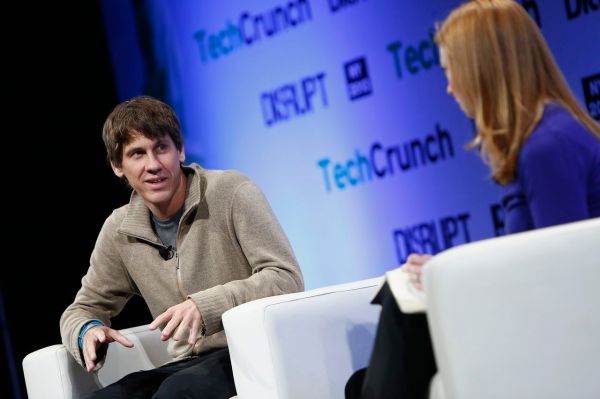During our Disrupt event today, New York City company Foursquare’s co-founder Dennis Crowley spoke about how people are talking about the company these days. One of the interesting things about the company is its strategy to be the “location layer” of the Internet. For four years, the company has been trapping all of this location data, tips and social graph information.
On its location data, Crowley said that the company is generating all of this information that will be important moving forward, like finding all of the interesting places on say, a Monday morning in New York City. These are the bits of data that Foursquare has just started leveraging in its own app and it’s only going to get better.
Crowley says that its API is underutilized by partners and people aren’t “leaning” on them as much as they could be, as of yet. He says that in the next year you’ll see more apps that use Foursquare’s location data get smarter about the world around it. This means that the company has a lot more evangelism to do to educate companies on how their data is best used. I can’t think of many services that do a really good job of it right now. Sure, apps like Flickr let you add a Foursquare venue to your photo, but that’s all. It would be nice if Flickr could suggest places to visit and shoot photos based on other interesting places are close to your current location, and those are the types of applications that Crowley suggests when saying that its API isn’t used to its fullest potential.
When asked about how the company is viewed from the outside, Crowley said Foursquare is going through a period of time that other big startups have gone through:
We’re not the shiny new thing anymore, we’ve been around for four years. People are understanding what we’re trying to do, become the location layer. We’re in that interesting hazing period where people are skeptical on whether we can be success or not. Facebook went through it, now we’re going through it.
“The biggest haters and critics of Foursquare haven’t used the app in the past six months.” Crowley continued. He went on to call some of the predictive modeling that Foursquare is doing for users is somewhat like “rocket science.” However, getting people to stop thinking of Foursquare as the same company that it was in 2009, focusing on badges and leaderboards, is a hurdle, Crowley admits.
